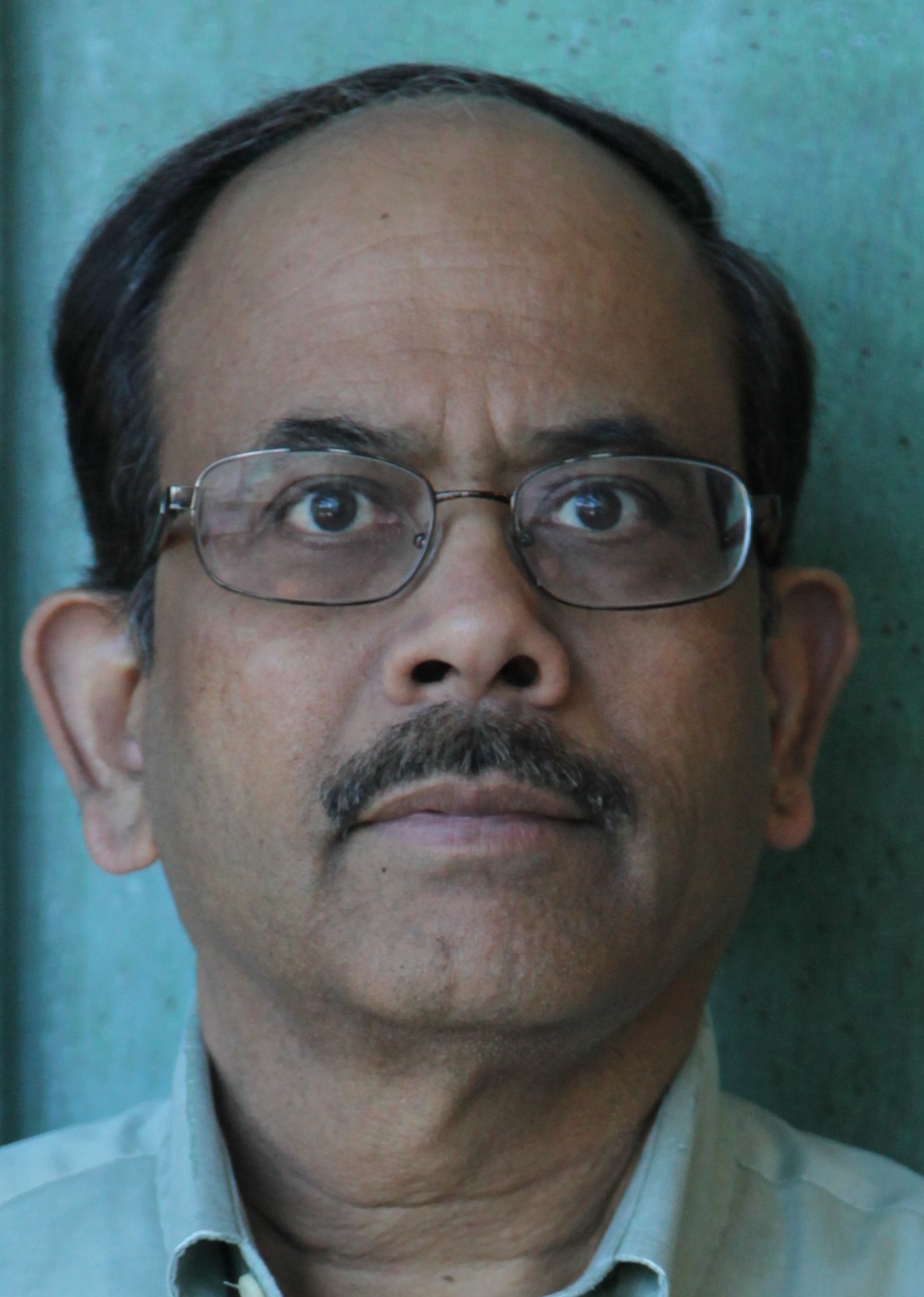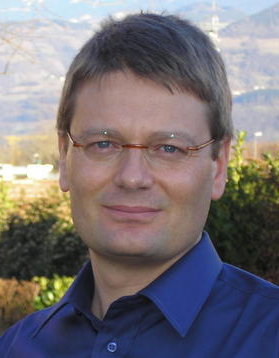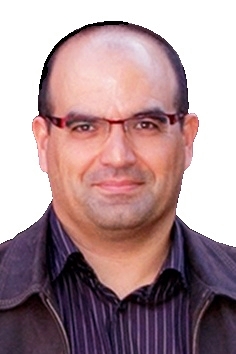- C. Wu and X. He. A Flexible Framework to Enhance RAID-6 Scalability via Exploiting the Similarities among MDS Codes
- X. Luo and J. Shun. Load-Balanced Recovery Schemes for Single-disk Failure in Storage Systems with Any Erasure Code
- A. Ros, B. Cuesta, M. E. Gómez, A. Robles and J. Duato. Temporal-Aware Mechanism to Detect Private Data in Chip Multiprocessors
- V. Nguyen, N. Le, I. Fujiwara and M. Koibuchi. Distributed Shortcut Networks: Layout-aware Low-degree Topologies Exploiting Small-world Effect
|
- M. García, E. Vallejo, R. Beivide, M. Odriozola and M. Valero. Efficient Routing Mechanisms for Dragonfly Networks
- T. Schneider, T. Hoefler, R. Grant, B. Barrett and R. Brightwell. Protocols for Fully Offloaded Collective Operations on Accelerated Network Adapters
- Z. Yang, W. Wu, Y. Chen and J. Zhang. Efficient Information Dissemination in Dynamic Networks
- K. C. Kandalla, H. Subramoni, K. Tomko, D. Pekurovsky and D. Panda. A Novel Functional Partitioning Approach to Design High-Performance MPI-3 Non-Blocking Alltoallv Collective on Multi-core Systems
|
- F. Xu, Li Shen, Z. Wang, H. Guo, Bo Su and W. Chen. HEUSPEC: A Software Speculation Parallel Model
- M. Haque, Q. Yi, J. Dinan and P. Balaji. Enhancing Performance Portability of MPI applications through Annotation-Based Transformations
- X. Lu, N. Islam, M. Wasi-ur-Rahman, J. Jose, H. Subramoni, H. Wang and D. Panda. High-Performance Design of Hadoop RPC with RDMA over InfiniBand
- Z. Cao and C. Verbrugge. Mixed Model Universal Software Thread-Level Speculation
|







